What felt harmless at the time is now fueling a machine you can’t control.

It didn’t seem like a big deal. You uploaded a selfie, let a friend tag you, unlocked your phone with a quick face scan. You clicked “accept” on the terms of service without reading them because everyone else did too. Nobody told you that what felt like a moment of fun—or convenience—would quietly outlive your control. But it did. And now, pieces of you are woven into systems you can’t see and can’t fully escape.
It’s not just your face. It’s your voice, your fingerprints, your keystrokes, your location history. It’s every small data point that felt too tiny to matter until it became part of something massive. Companies promised safety, connection, innovation. What they built was surveillance, prediction, and profit. These first five technologies show how easily your life became raw material for machines that don’t ask permission—and don’t plan to let go.
1. Facial recognition software keeps training itself on your images.
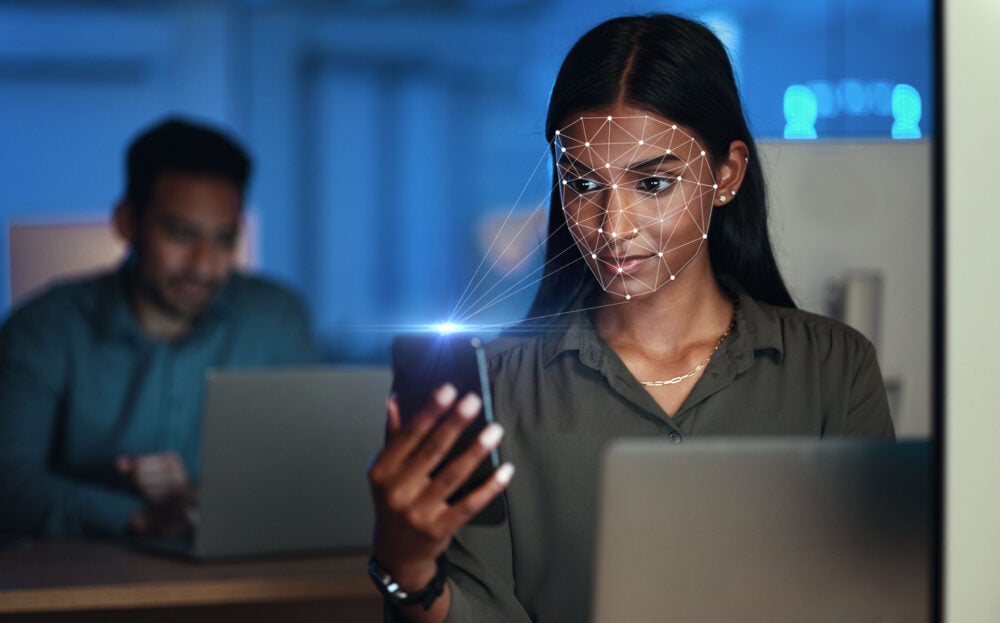
The second your face hit the internet, it became valuable. Companies scraped social media, photo apps, and even security footage to build massive facial recognition databases—often without your knowledge or consent. Some of the biggest systems were trained using billions of photos pulled from public spaces and platforms.
Once your face is in the system, it’s hard to get it out. Facial recognition tech powers everything from policing to airport security to personalized ads. Even companies that say they deleted images often keep the data extracted from them. Rachel Fergus explains in the ACLU of Minnesota that facial recognition technology is deeply biased, disproportionately misidentifying people of color, women, and nonbinary individuals. And when mistakes happen, it’s rarely the companies who suffer. It’s the people misidentified, misused, and mistrusted by systems they never agreed to be part of.
2. Biometric data turns your body into a password you can’t change.
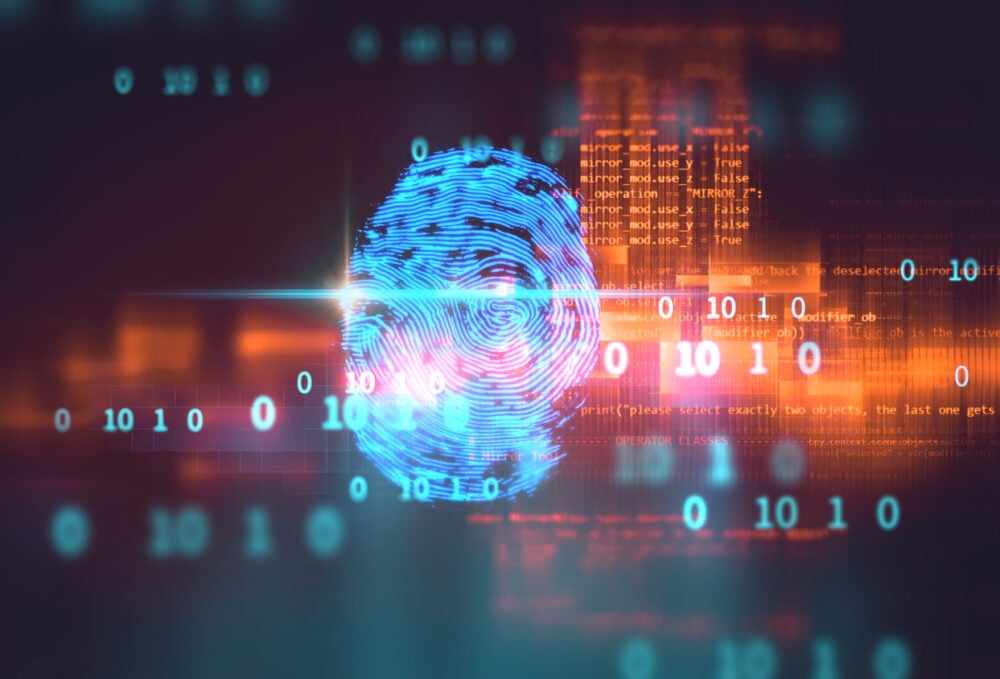
Fingerprints. Retina scans. Voice recognition. These all sound futuristic—safe, even. After all, who else could fake your thumbprint or your iris? But once your biometric data is stored in a database, it’s vulnerable in ways a password never was.
If a password gets leaked, you can change it. If your fingerprint or voiceprint gets leaked? You can’t exactly swap out your face or hands. Some companies encrypt biometric data well. Others don’t. And even the ones that do can be hacked, subpoenaed, or sold. Meanwhile, your body remains the same.
Writers at Keepnet Labs report that breaches involving biometric data are especially dangerous because, unlike passwords, you can’t change your physical traits if they’re compromised. The very thing that makes you uniquely you gets turned into a key that corporations can copy, lose, or abuse. And once it’s out there, you’re the one stuck living with the fallout.
3. Voice recognition software builds profiles you can’t control.
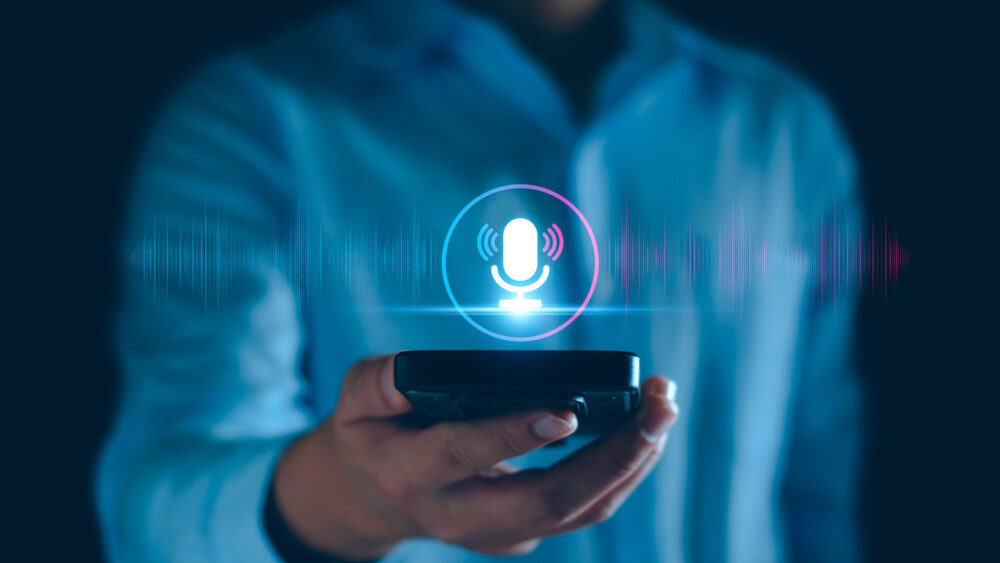
It started simple—asking Alexa to play a song, using voice-to-text in a hurry, talking to your GPS. According to ABC News reporter Max Zahn, companies are collecting huge amounts of voice data, raising major concerns about how it could be used to generate profit at the expense of privacy. Your tone, accent, speed, word choice—they’re all recorded, analyzed, and folded into systems designed to predict, persuade, or even impersonate you.
Some voice assistants listen more than they admit. Some store more than you realize. And voice cloning technology is advancing fast, meaning recordings can eventually be used to fake calls, authorize transactions, or impersonate you in ways you never imagined. Voice data isn’t just about convenience anymore. It’s about control—and about trusting companies who have already shown they’re willing to mine everything you give them without telling you how deep they plan to go.
4. Location tracking turns your movements into a permanent map.
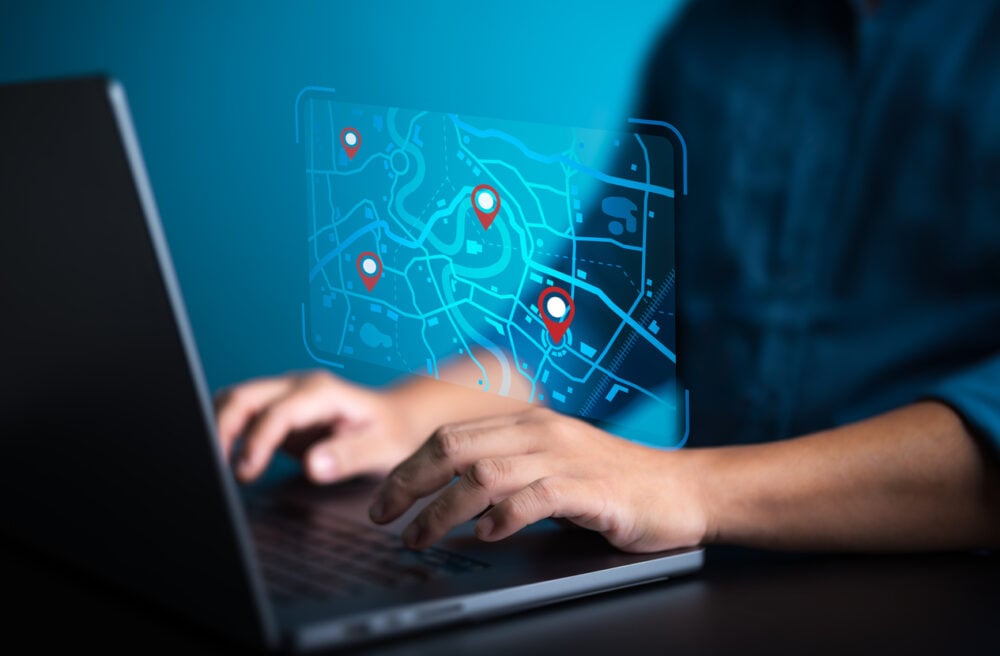
Your phone pings a dozen towers before you even sit down for coffee. Your apps track your every move under the guise of “improving services” or “customizing your experience.” Meanwhile, advertisers, data brokers, and sometimes even law enforcement agencies quietly build maps of where you’ve been, how long you stayed, and who you were near.
Even turning off location services doesn’t always stop the tracking. Background data still leaks. And once your movement history is packaged and sold, you lose any say in who uses it—or how. Your morning commute, your doctor’s visit, your late-night walk—all become products sold to the highest bidder. Privacy isn’t just about hiding anymore. It’s about having a say in the story your movements tell. And right now, most of us don’t.
5. Behavioral prediction algorithms guess what you’ll do next—and sell it.

Every scroll, click, pause, and swipe is recorded. It doesn’t feel like surveillance when you’re just browsing memes or checking the weather. But behind the scenes, predictive algorithms are stitching together a frighteningly accurate version of you—what you want, what you fear, where you’ll go next, how you’ll react under pressure. These behavioral profiles are worth a fortune. They shape what ads you see, what news reaches you, what prices you’re offered. In some cases, they shape how insurance rates you or how employers screen you.
You’re not just being observed—you’re being nudged, steered, and categorized by machines that get better at guessing you every day. And the worst part? You never got a chance to agree to be this visible. You were just living your life—and they were just taking notes.
6. Photo apps harvested your images for facial databases.

Remember when filters were just about dog ears and flower crowns? Behind the fun, some apps quietly collected millions of faces to build machine learning models. Those silly selfies weren’t just for entertainment—they became training data for facial recognition systems used by advertisers, law enforcement, and private companies alike.
Most users never realized their photos would be repurposed far beyond the app they uploaded them to. Some platforms even claimed perpetual rights to your images once you clicked “accept.” It wasn’t just about the pictures—it was about the metadata: your expressions, your angles, the environments you lived in.
What felt like harmless fun helped teach algorithms to recognize faces better, faster, and more invasively. And the companies didn’t ask because they didn’t need to. You agreed the moment you said yes to terms you never had time to read.
7. Smart home devices built listening stations inside your walls.

Smart speakers promised convenience: instant music, voice-controlled lights, hands-free help. But what they also built was a network of microphones trained to stay ready—and sometimes listening longer than you intended. Every command, every background conversation, every noise inside your home became part of the ambient data economy.
Some companies admitted to employees reviewing audio clips to “improve services.” Others stored recordings indefinitely until users found out and pushed back. Even without malicious intent, the risk grows when companies keep a backlog of your private life stored on cloud servers vulnerable to hacking or government requests. Once a microphone is embedded in your home, privacy becomes a negotiation instead of a guarantee. And it’s never a negotiation made on equal footing—you’re the product, not the protected party.
8. Predictive policing software turns personal data into suspicion.

Algorithms built to “predict crime” sound like science fiction. But they already exist—and they rely heavily on data you never thought would be used against you. Past locations, social media connections, financial transactions, and even old neighborhood demographics get fed into black-box systems that claim to forecast criminal behavior.
The result? Already overpoliced communities get surveilled even harder. Biases baked into historical data get amplified, not corrected. People get flagged as risks not because of anything they’ve done, but because of patterns the algorithm says look suspicious. Predictive policing doesn’t just threaten privacy—it warps justice by automating old prejudices with a tech-washed face. And it all starts with data points you were never supposed to have to defend in the first place.
9. Deepfake technology learned from your posts.
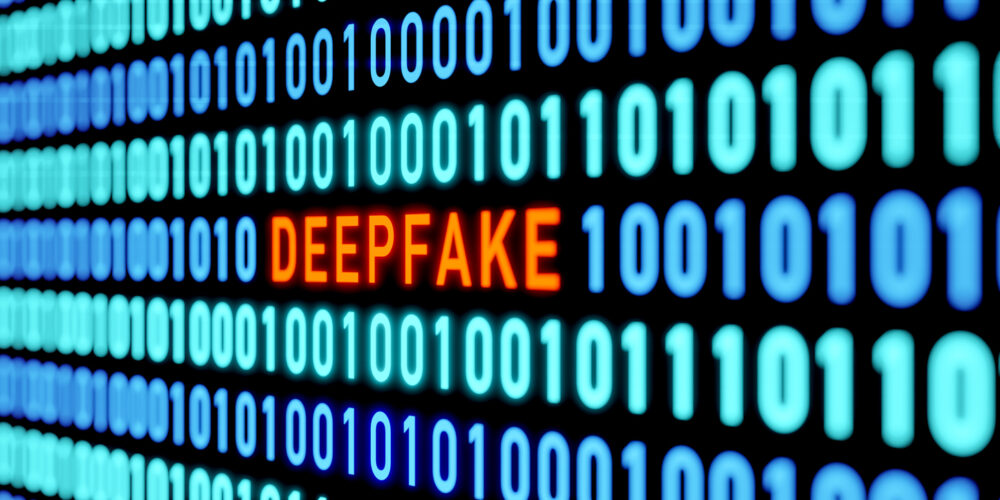
Every photo, video, and tagged memory uploaded to the internet helped teach deepfake algorithms how to move faces, mimic voices, and fake expressions. What felt like harmless sharing gave these systems the raw materials to create fake news, fake crimes, and fake identities that look increasingly real.
At first, deepfakes seemed like a novelty—funny mashups, harmless pranks. But now they’re used for scams, political manipulation, blackmail, and harassment. And the worst part? You don’t need to be famous to be targeted. Ordinary people’s faces are just as vulnerable. The digital scraps you left behind weren’t just forgotten posts. They became the blueprint for tech that blurs reality in ways we’re still struggling to control—and they never needed your permission to start.
10. Data brokers packaged your life and sold it to strangers.
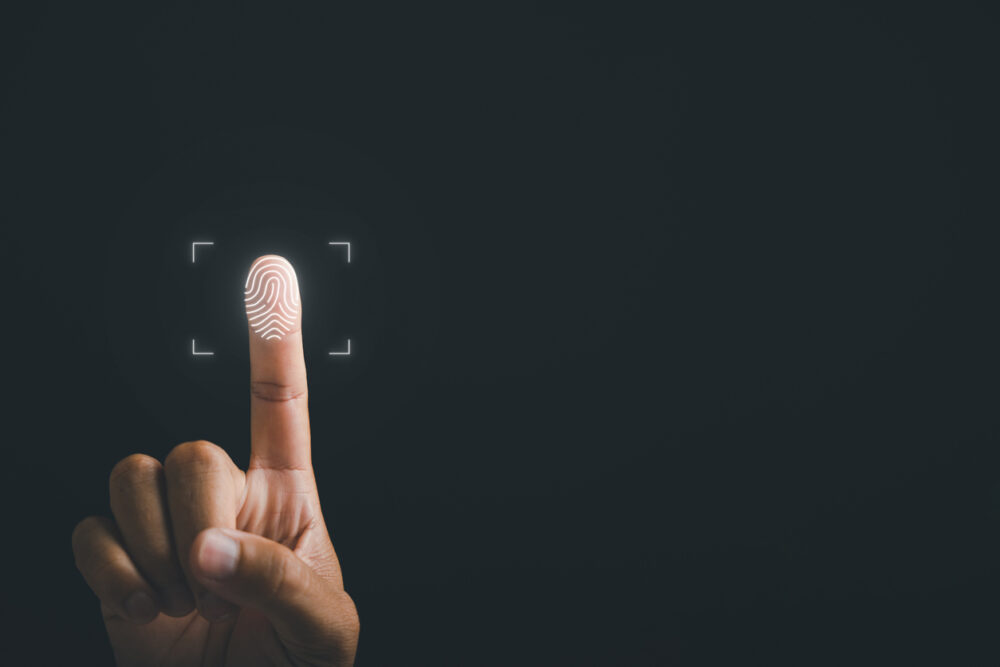
Most people have never heard of the companies that know them best. Data brokers collect, buy, and sell your personal information—everything from shopping habits to medical conditions to location history. They don’t need your consent. They piece it together from loyalty cards, public records, app permissions, and countless invisible trackers.
Then they sell it to advertisers, insurance companies, political campaigns, even private individuals. Your fears, your hobbies, your vulnerabilities—they all become commodities someone else profits from. You never intended for your quiet struggles, your midnight purchases, your private milestones to be packaged into a dossier. But in the data economy, anything you leave behind becomes fair game. And once it’s sold, you don’t get a say in where it ends up next.
